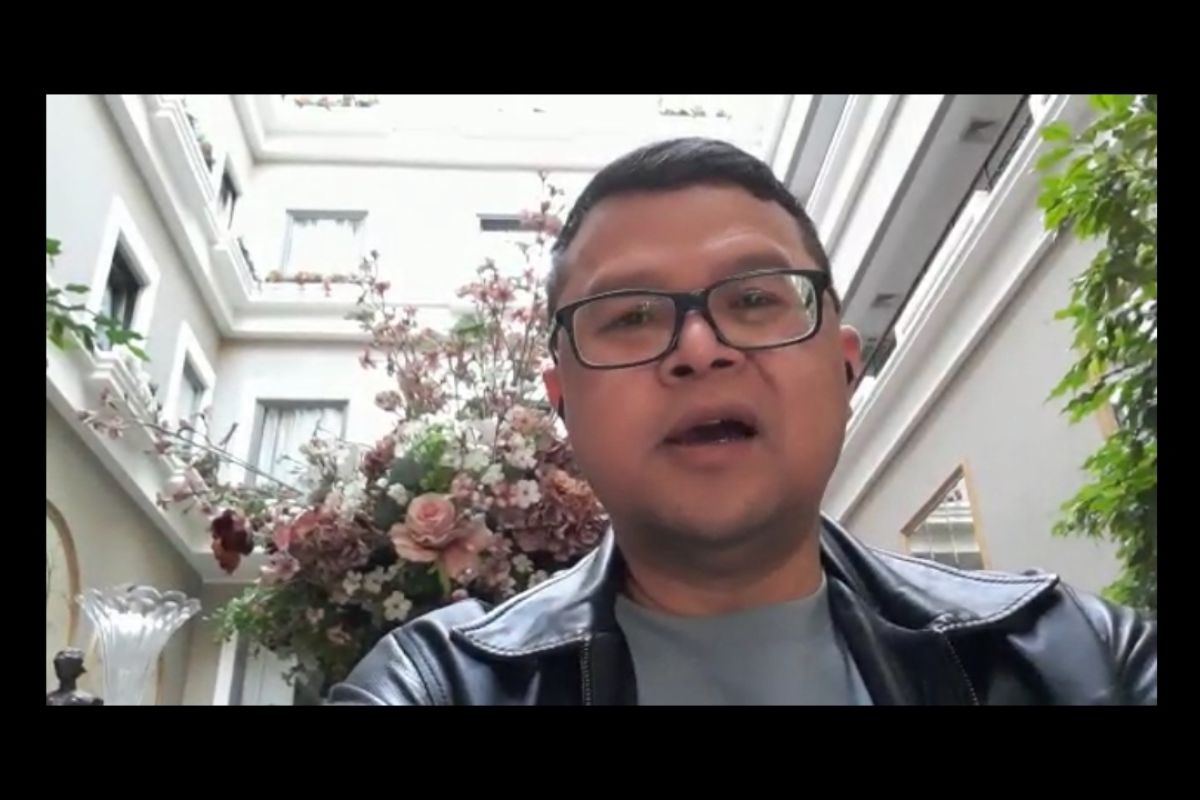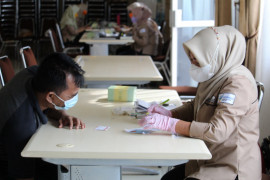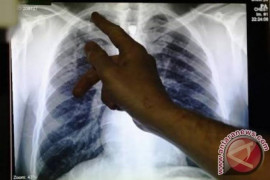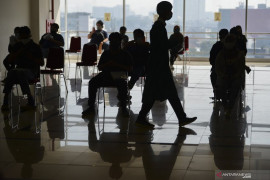"The impact of COVID-19 is not only death anymore but also the potential for a decrease in the quality of human resources (HR)," Budiman said in Jakarta on Friday.
COVID-19 could worsen the quality of human resources, especially in the next ten years, because it could damage the function of the organs in the body, he pointed out.
The virus can also last for a long time in the body, causing a person to be exposed to long-term COVID-19. Even if they do not cause serious illness or death, long COVID and the XBB variant can make people more tired, he added.
In fact, the XBB 1.5 sub-variant is known to cause systemic diseases and chronic infections along with decreased immunity.
“If that happens, it will be a historical mistake and our moral responsibility. We must consider which one is the best. Our current condition against COVID-19 is good, but it does not guarantee that the immunity in our community will last and protect against another surge in cases," Budiman highlighted.
Moreover, Indonesia has its own complexities due to its large population and vast geographic location, he said. Another thing that must be considered is the shift of the pandemic toward hyperendemic.
"We cannot only depend on the success of an effort made by humans, whether it is done through health protocol movement or vaccination. There are also factors from the virus itself that will also determine the speed of the mutation and its character," he added.
According to Budiman, the government should not become lax in determining policies. At a time when other countries are easing COVID-19 regulations, the Indonesian government must remain firm in socializing the importance of clean living behavior, wearing masks, washing hands, maintaining distance, and carrying out vaccinations.
However, all of this can only be realized if the government and society manage to work together to understand that the virus will continue to grow, no matter how weak it is, and will continue to have dangerous potential in the future, he said.
Behavior change cannot be brought about by the government into the realm of politics or the economy, Budiman observed. Regarding the regulation on wearing masks, for example, the government should not issue any regulation that is contrary to science, such as not wearing masks because the pandemic situation is under control.
This is because the majority of the people's education level is that of junior high school, and it is feared that it could increase the potential for danger if perceived differently in the future.
"We must take the decision with the smallest consequence. Our government still has problems with the risk communication strategy. At the beginning, I have said that masks must continue to be worn and this should continue to be used as a reference," he added.
Related news: The road to develop domestically produced Merah Putih vaccine
Related news: COVID-19: Jakarta boosts surveillance amid endemic transition
Related news: Controlled pandemic handling has helped curb new waves: Minister
Translator: Hreeloita Dharma S, Resinta S
Editor: Azis Kurmala
Copyright © ANTARA 2023












